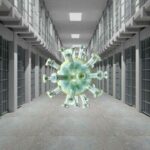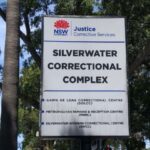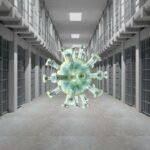COVID Positive Inmates Try to Avoid Detection, as Hundreds Infected Inside
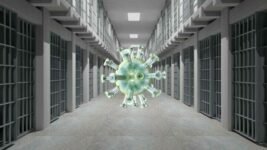
According to Justice Action coordinator Brett Collins, the system Corrective Services NSW is employing in dealing with COVID-19 cases within the state’s prison system is leading to a number of prisoners, who believe they’ve contracted the virus, to avoid the testing regime.
“When a person identifies as being COVID positive, they’re moved into segregation, and they’re then suffering some very poor conditions,” explained Collins, in relation to personal reports he’s heard from within state correctional facilities.
“What that means is a number of people who seem positive are refusing to be tested in order to avoid segregation.”
Justice Health statistics set out that on 24 January there were 401 active cases within the prison system, with 103 inmates having tested COVID positive in the seven days prior.
Inmates testing positive to the virus are being transported to correctional facilities in Silverwater to be kept in isolation until they pose no further COVID risk. Although, Justice Action has heard that some inmates are being placed in isolation within the gaol they’re usually detained in.
Collins warns that this could cause a spike in cases as COVID positive prisoners avoiding detection are remaining in the general population, which in turn leads to a heightened possibility that others are going to contract the highly infectious Omicron strain of the virus.
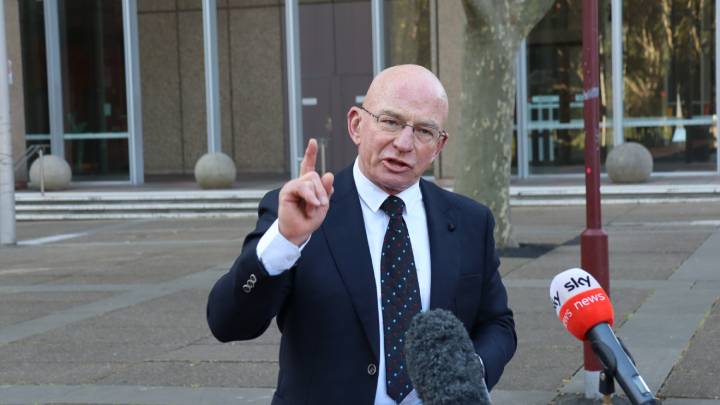
Emergency powers unexercised
At the beginning of the pandemic, the NSW government passed section 276 of the Crimes (Administration of Sentences) Act 1999 (NSW), which contains a COVID-specific emergency power that allows for the release of vulnerable low-risk inmates, who are soon eligible for parole.
However, CSNSW commissioner Kevin Corcoran has repeatedly refused to exercise the power.
Justice Action lodged a class action with the NSW Supreme Court in October last year. Collins advised that NSW barrister Mary Keaney is redrafting the injunction, which is calling on the commissioner to use the power as CSNSW can’t provide adequate conditions to prevent transmission inside prisons.
“They’re negotiating with the Crown solicitor about the new form of the injunction. It will come before the court within the next few weeks,” Collins said. “The date for the emergency power to end is 26 March. So, it’s urgent for it to come before the Supreme Court and have the orders made.”
Boosters lacking
Collins outlined that over the pandemic period inmates have been disregarded. This was most apparent during the Delta outbreak in August, as despite ATAGI having classed inmates as a priority group for vaccination, only 21 percent of detainees had been double jabbed at that point.
“Prisoners were totally neglected in terms of vaccinations at first. They were treated as less than entitled to have the health services the rest of the community has,” Collins told Sydney Criminal Lawyers.
“We haven’t heard of any prisoners receiving the booster yet.”
CSNSW has since picked up its game in this regard. As of last week, 82.2 percent of all adult prisoners had been fully vaccinated, with 81.9 percent of adult First Nations inmates having received a double dose of the vaccine.
“We call on prisoner’s rights to be upheld,” concluded the Justice Action coordinator. “We’ll ensure that the Supreme Court hears the case and makes the legally required orders.”


